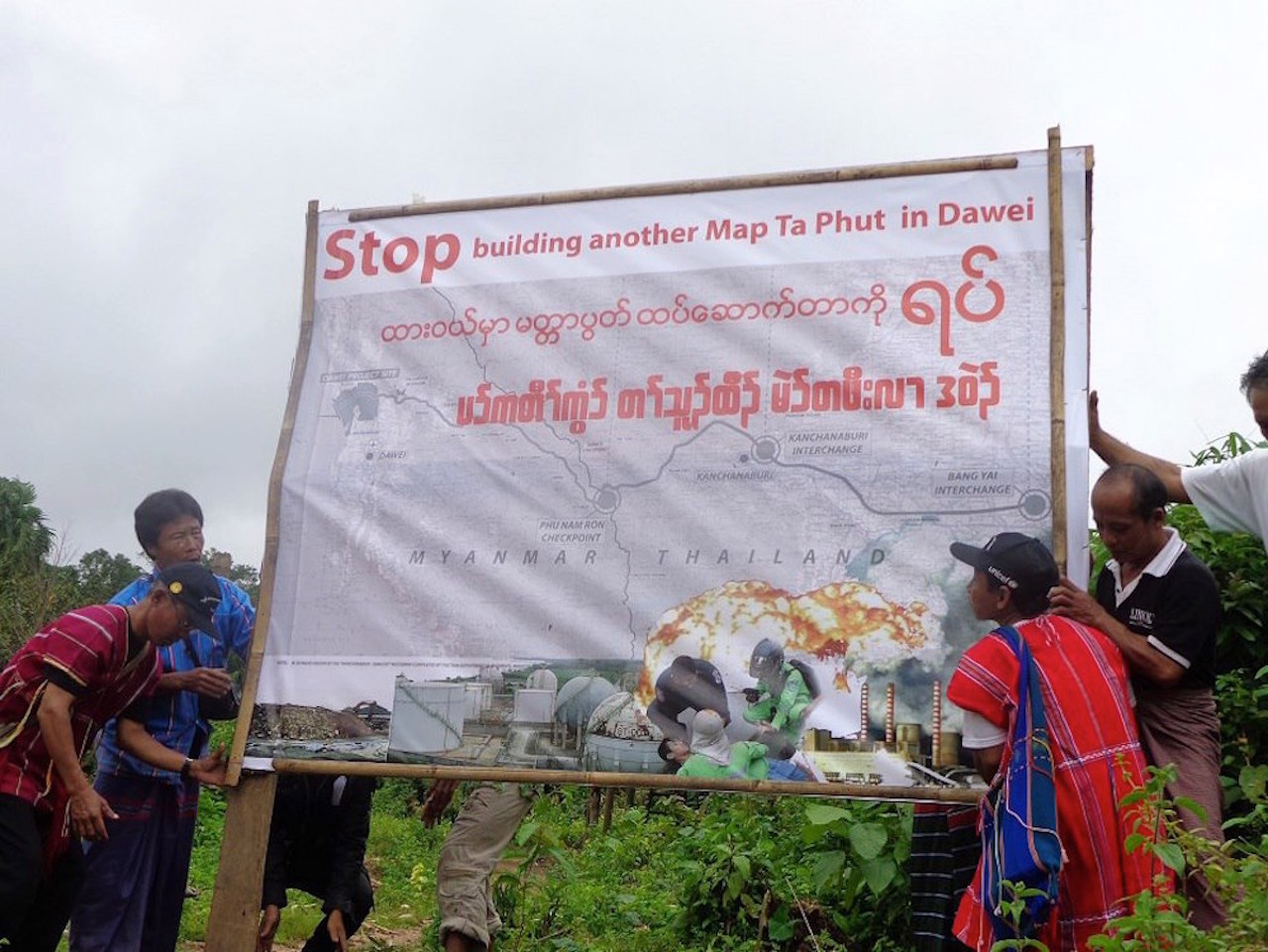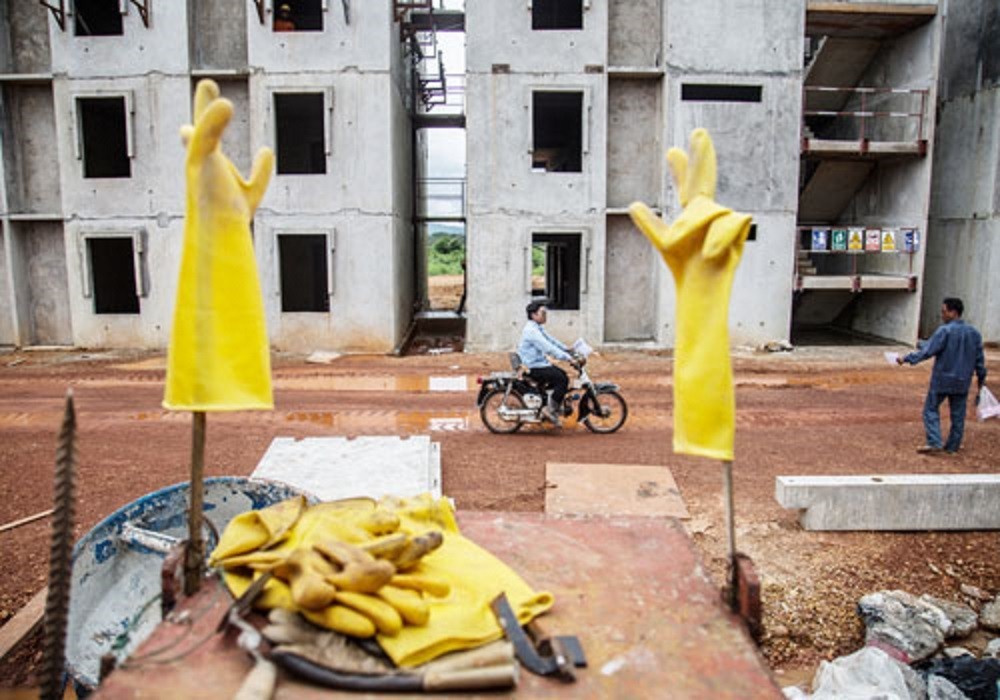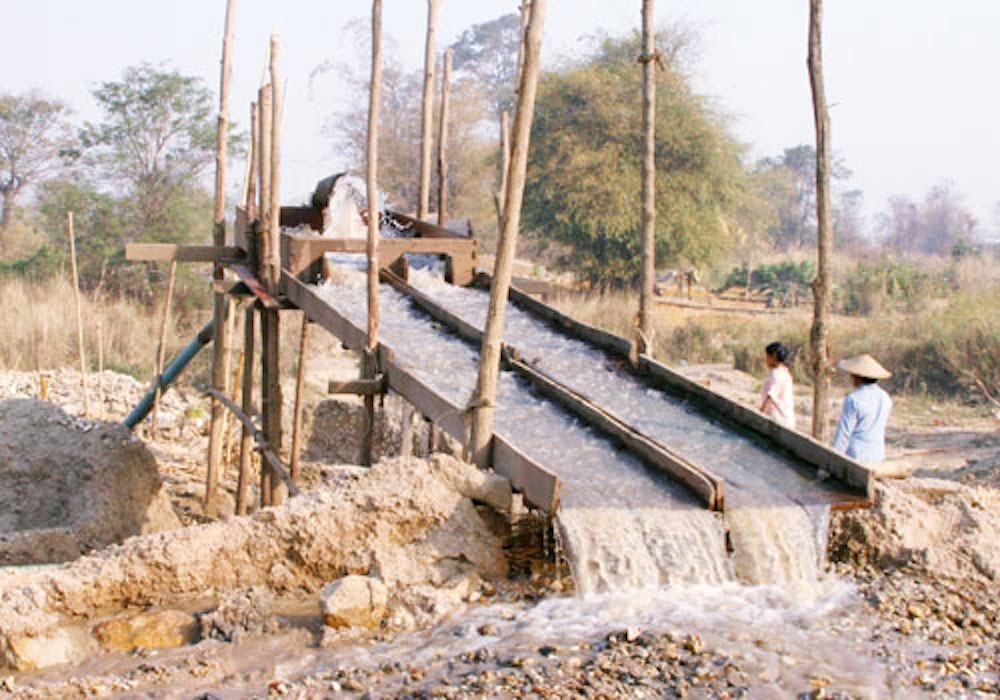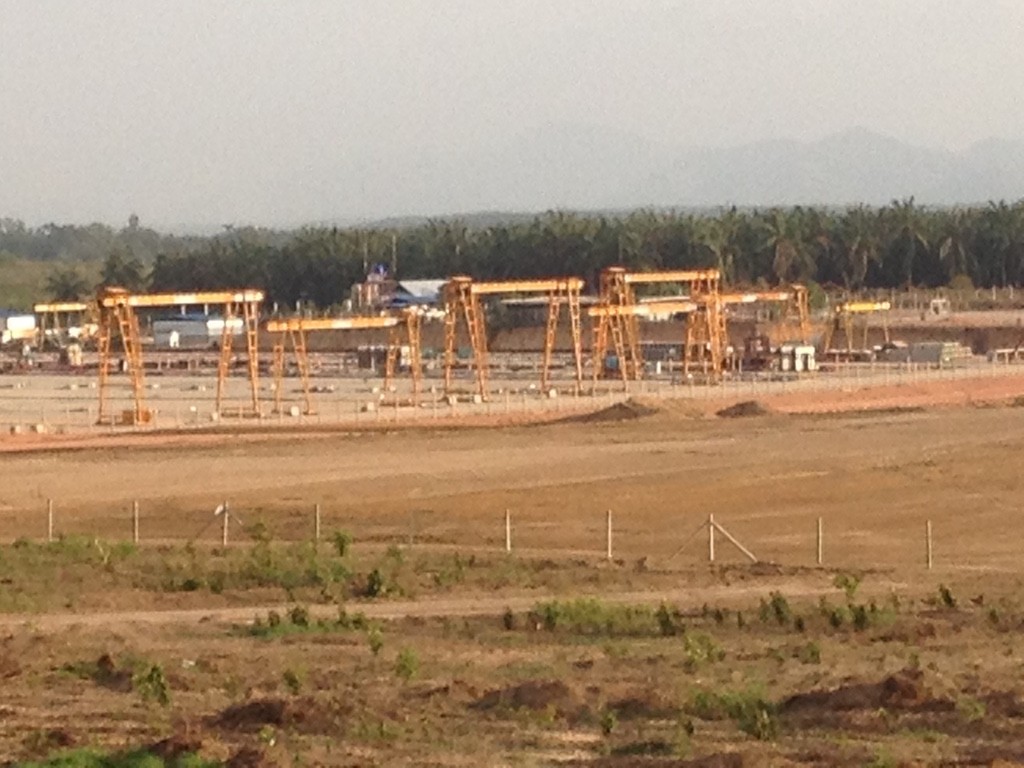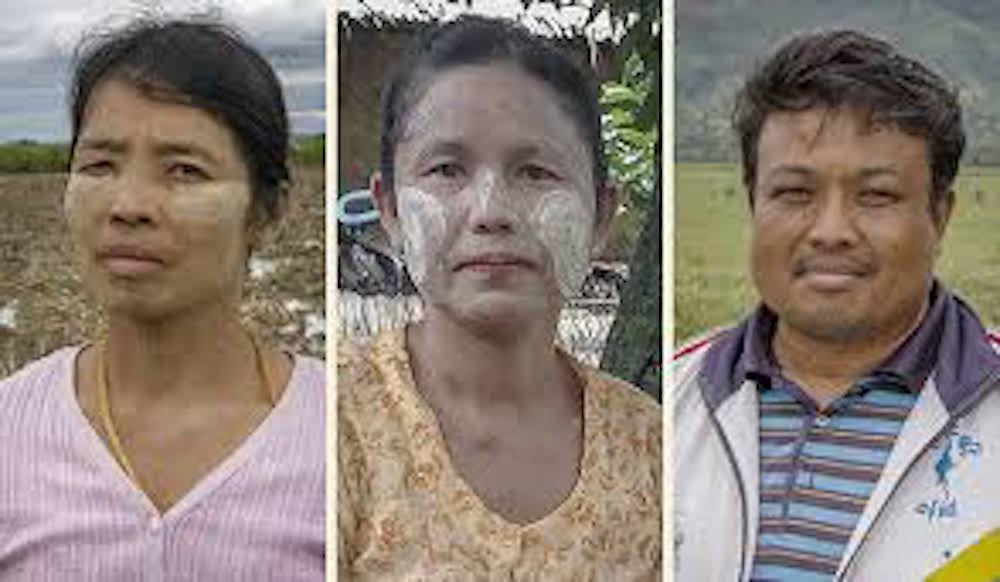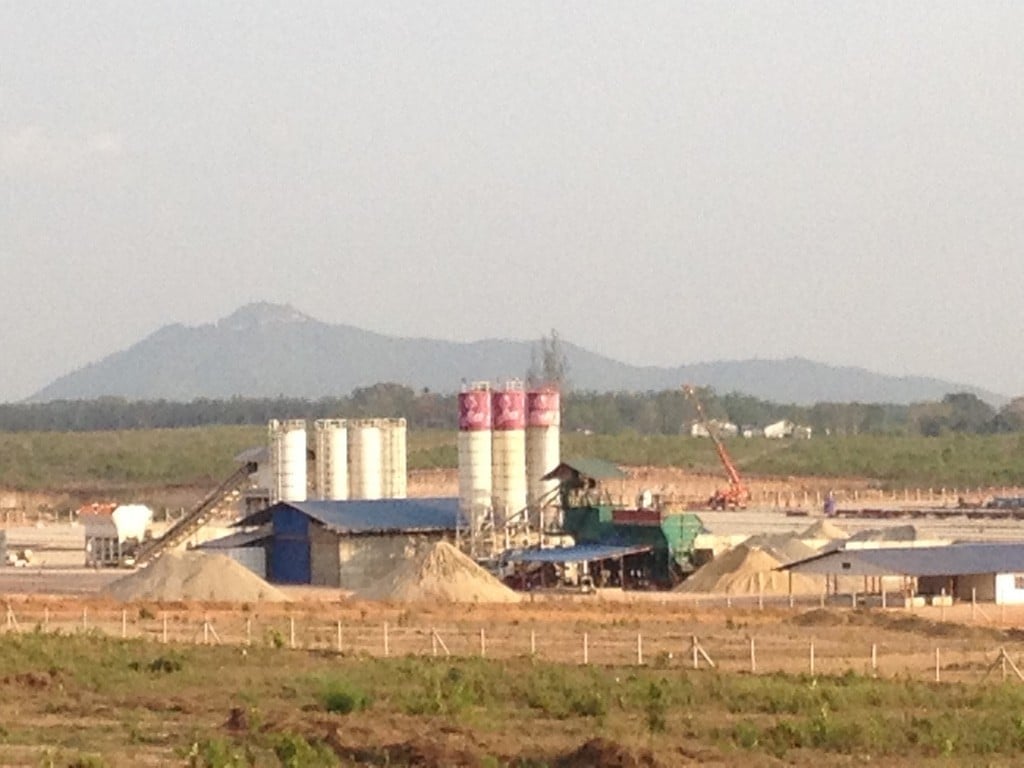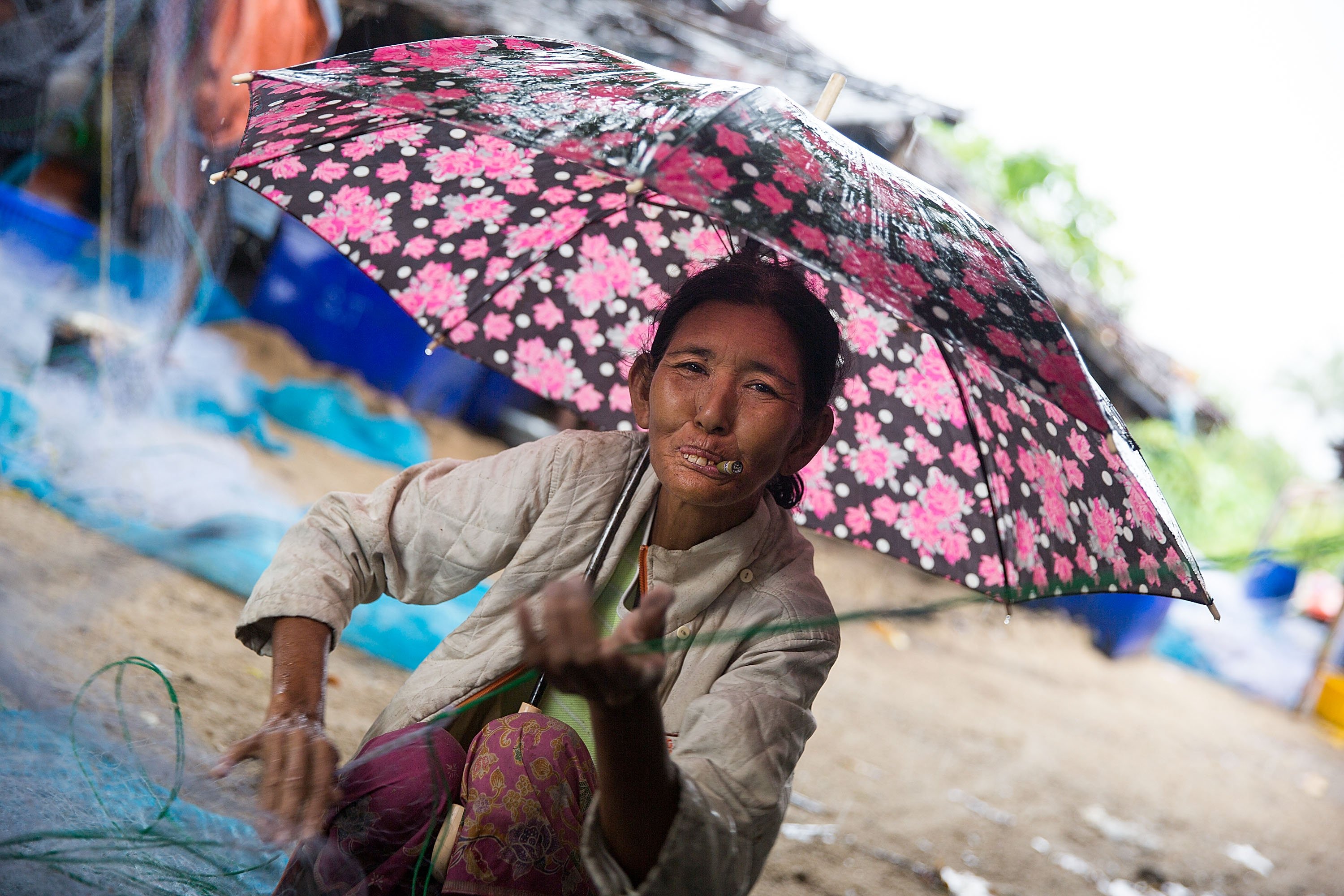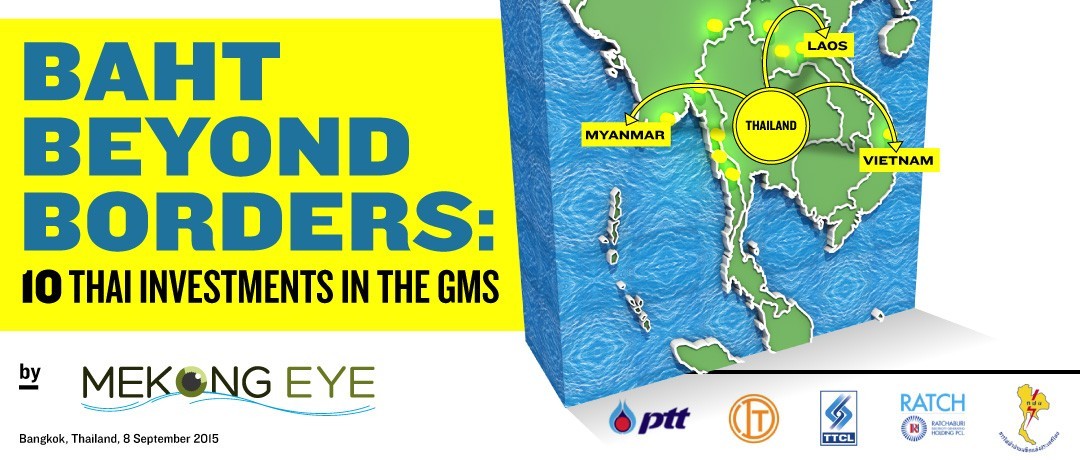A civil society group has published a comprehensive report on mistakes made by the developers of a highly ambitious project in Dawei in the hope the new government will address their concerns before allowing the project to continue.
The report urges the project’s Thai and Japanese investors to resolve problems affecting local communities before they continue building the special economic zone and deep-sea port in Tanintharyi Region.
Published on March 7 it outlines a range of issues dating back to the zone’s inception in 2008. The recurrent theme is a lack of transparency, dialogue or compensation based on the developers’ lack of respect for local communities and its reluctance to engage.


